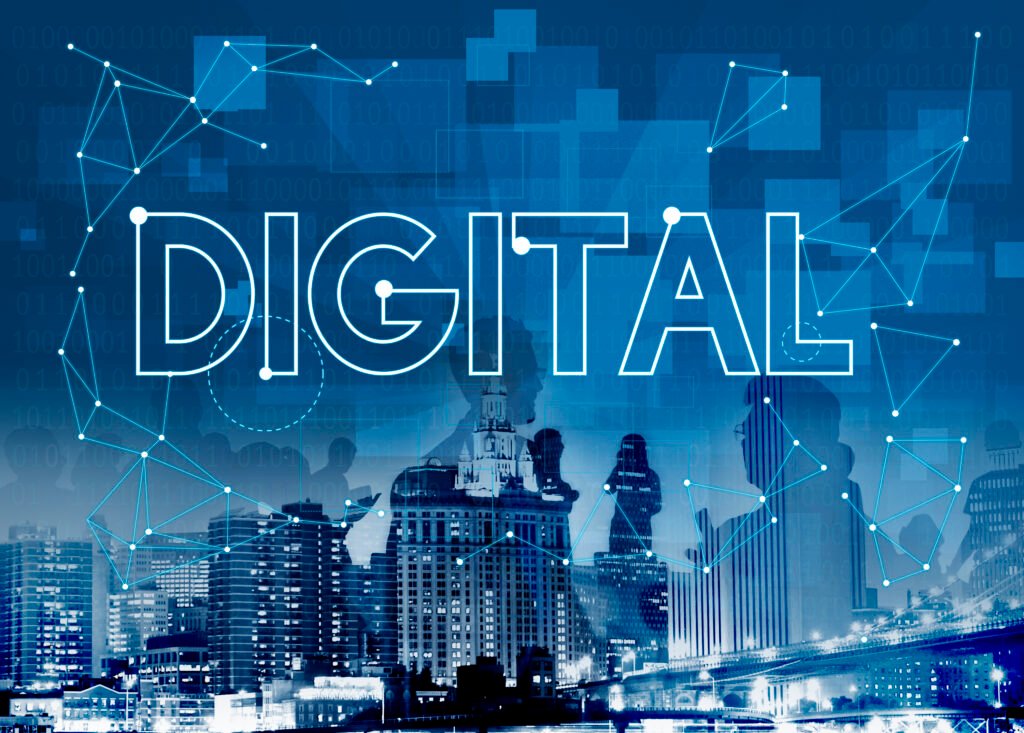Daniel Shane Sheibani Davidson, MD, MBA, DBA, PHD
Introduction:
As we move more into the digital era, marketing tactics are changing quickly. Businesses will have plenty of chances in the future of digital marketing to expand their client base, create leads, and build strong brands in fresh and creative ways. With technologies advancing and consumer behaviors shifting, it’s crucial for businesses to stay ahead of the curve and adapt to the ever-changing landscape of digital marketing
AI and Automation
Automation and artificial intelligence (AI) are already revolutionizing digital marketing, and they will continue to play a bigger part in the coming years. Marketers may free up time to concentrate on strategy and creativity by using AI solutions to automate repetitive processes like customer segmentation, data analysis, and campaign optimization. Massive volumes of data may be analyzed by AI-driven algorithms, which enables companies to provide audiences with hyper-personalized experiences. AI will assist businesses reach the appropriate audience at the right moment with the right message, increasing engagement and conversion rates. This will include anything from product recommendations to targeted advertising.
Conversational marketing and voice search
Voice search is starting to take over how people look for information on the internet. Customers are switching from typing questions into smart speakers like Apple’s Siri, Google Assistant, and Amazon’s Alexa. Due to this shift in consumer behavior, businesses will need to concentrate on conversational and natural language SEO techniques when optimizing their content for voice search. Also, conversational marketing in which companies interact with consumers via chatbots and other real-time messaging platforms will be a crucial component of lead generation and customer support.
Video Content Continues to Dominate
Video is already one of the most engaging types of content, and it will continue to reign supreme in the future of digital marketing. Platforms like YouTube, TikTok, and Instagram have shown how short, impactful videos can drive brand awareness and audience engagement. Businesses that invest in creating high-quality, informative, and entertaining video content will stand out in a crowded digital landscape. The use of live streaming and interactive video experiences will also grow, allowing brands to connect with audiences in real-time and create more immersive brand experiences.
The Development of Virtual Reality (VR) and Augmented Reality (AR)
Virtual reality (VR) and augmented reality (AR) are becoming commonplace marketing tools; they are no longer just futuristic technologies. In order to provide customers with engaging, interactive experiences, brands are utilizing AR and VR. For example, real estate companies are offering VR tours of properties, and fashion retailers are employing AR to let customers virtually “try on” clothing. Businesses who adopt AR and VR early will have a competitive advantage in providing memorable and engaging customer experiences when these technologies become more widely available.
Data Security and Ethical Marketing
Data privacy will play a big role in digital marketing going forward as consumers become more concerned about how their personal information is utilized. Regulations such as the GDPR (General Data Protection Regulation) and CCPA (California Consumer Privacy Act) have already implemented limits on how firms gather and use customer data. Businesses will need to make sure that they give customers more control over their personal information and are open and honest about their data gathering methods in the future. Consumer trust will be increased by ethical marketing, which will help improve brand reputation.
Influencer marketing and social commerce
Social media sites are growing rapidly into major engines for e-commerce, due to tools like Facebook Marketplace and Shopping on Instagram that let users buy products straight from the app. With social commerce expected to develop rapidly, firms that take advantage of this trend may provide customers with a smooth online shopping experience. Influencer marketing will also be an effective tool for connecting with certain audiences. However, brands will shift towards collaborating with micro and nano-influencers who have smaller, but more engaged and authentic audiences.
The Importance of Sustainability and Social Responsibility
Consumers are increasingly making purchasing decisions based on a brand’s values. In the future, businesses that prioritize sustainability and social responsibility will win over the hearts of conscious consumers. Brands will need to demonstrate genuine commitment to causes such as environmental conservation, diversity, and fair labor practices. Marketing strategies that showcase a brand’s impact on society will not only resonate with customers but also foster long-term loyalty.
The Continued Growth of Mobile Marketing
With more people accessing the internet via mobile devices, the future of digital marketing will be heavily mobile-centric. Mobile optimization, mobile apps, and mobile advertising will be key components of successful digital strategies. As 5G technology becomes more widespread, it will enable faster connections, seamless streaming, and richer mobile experiences. Brands that focus on delivering optimized, mobile-first content will be better positioned to engage users on their preferred devices.
Conclusion:
The future of digital marketing is exciting, but it requires businesses to stay adaptable and innovative. AI, automation, voice search, video content, and emerging technologies like AR and VR will revolutionize how brands engage with customers. As data privacy becomes more critical and consumer values shift towards sustainability, businesses that embrace these changes will thrive in the new digital landscape.
At American Elite Digital, we are at the forefront of these trends, ready to help your business navigate the future of digital marketing. By staying ahead of the curve and adopting cutting-edge strategies, we ensure that your brand remains competitive and relevant in an ever-evolving digital world.






